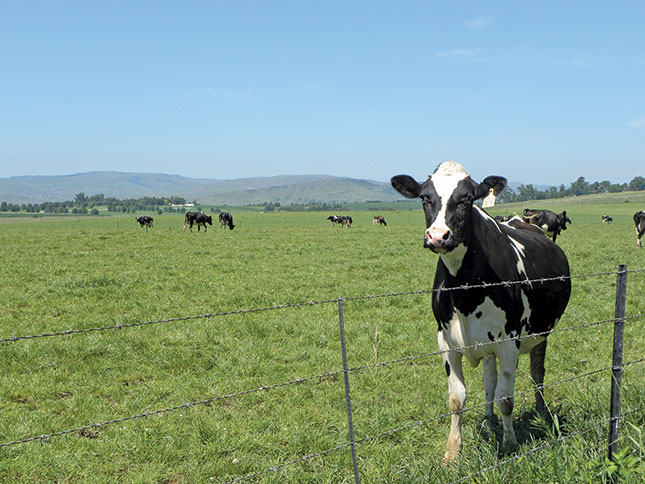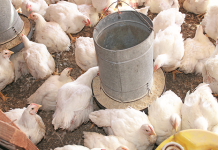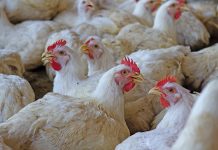
Photo: FW archive
Improved communication between the dairy industry and consumers could help dispel common misconceptions about the sector.
In an interview with Farmer’s Weekly, Dr Jude Capper, a UK-based livestock sustainability consultant, said that individual farmers needed to actively inform consumers about dairy production and products.
“On a global scale, dairy farming faces growing mistrust from consumers. This is partly the industry’s fault because it doesn’t communicate with consumers.
“We have a responsibility to talk to consumers and give them real facts and figures about the industry. Farmers have to be seen in retail stores talking to consumers.
“The majority of people who buy milk don’t work in the agricultural sector and it’s essential for consumers to build a connection with the farmer,” she said.
READ MORE: ‘Free choice’ milking in the Netherlands
Capper highlighted hormone content in milk and the dairy sector’s contribution to climate change through emissions as critical issues that needed to be addressed. She said that some consumers had misconceptions about hormones in milk.
“All milk contains hormones, but what consumers don’t know is that they would have to drink hundreds of litres of milk for [these] hormones to have any impact.”
She added that some advertising campaigns informed consumers that organic milk was hormone-free, but this was inaccurate, as all milk, whether produced by a cow, goat or sheep, contained hormones.
It was also a myth that certain types of production systems had an impact on the hormone quantity in milk. “[Milk from] animals that are raised conventionally, on pasture [or] organically [contains hormones]. Even soya milk contains plant-based hormones.”
READ MORE: Labelling to differentiate milk products in UK
Turning to the international ‘Meatless Mondays’ campaign, Capper said it was unlikely to achieve its desired target in terms of reducing individual consumers’ carbon footprints.
The campaign encourages consumers to refrain from eating meat on Mondays in a bid to improve their health and that of the planet.
“If everybody in the UK went meat- and dairy-free for a year, the national carbon footprint would decrease by less than 1%,” she said.












